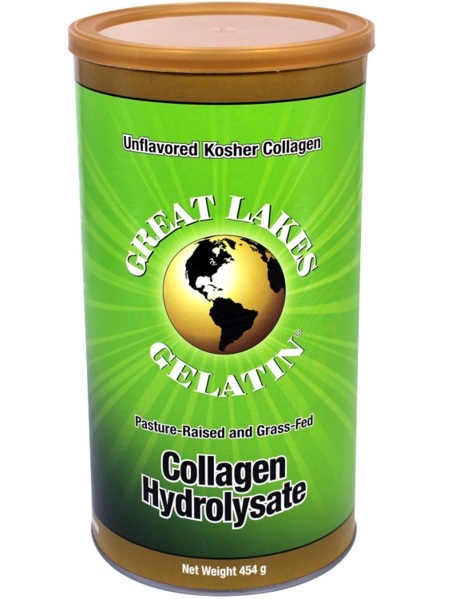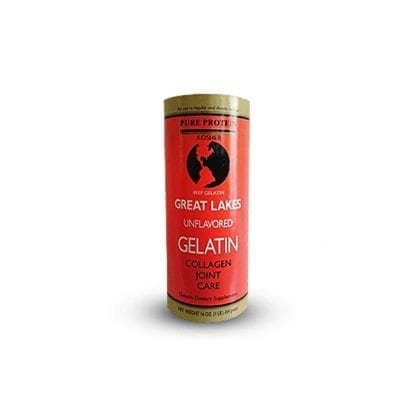

PDCAAS-based protein quality scores are used to adjust dietary protein intakes to meet the daily requirements of indispensable amino acids. In the US regulatory framework, PDCAAS is one of the criteria for identifying and communicating that a food is a “source” of protein for food labeling and marketing purposes. Despite its limitations, PDCAAS has been adopted internationally in food law and policy. The current method for routinely assessing the adequacy of indispensable amino acids for a given food or diet is PDCAAS (Protein Digestibility-corrected Amino Acid Score), which is due to be replaced by the new approach DIAAS (Digestible Indispensable Amino Acid Score). Despite the low indispensable to dispensable amino acid ratio in collagen protein, the Western pattern diet usually contains a significantly high amount of indispensable amino acids, due to high intakes of protein derived from animal food sources. Įvidence suggests that the health benefits of collagen peptides support the principle that incorporating such functional components in the daily diet would enhance whole body collagen turnover and other aspects of health more effectively than the current average mix of proteins in common Western diets.

The benefits are explained by the ability of bioactive collagen peptides to upregulate the synthesis of extracellular matrix proteins in various tissues via a stimulatory cell effect while providing the specific amino acid building blocks for body collagens. These studies have investigated supplementation with doses of 2.5 to 15 g of bioactive collagen peptides over periods of three to 18 months.
#GREAT LAKES HYDROLYZED GELATIN SKIN#
Numerous studies have shown an improvement in skin elasticity, the recovery of lost cartilage tissue, reduced activity-related joint pain, strengthened tendons and ligaments, increased lean body mass in elderly men and premenopausal women, and increased bone mineral density in postmenopausal women.

As functional foods, collagen peptides have been shown to exhibit important physiological functions with a positive impact on health. Ĭollagen is a well-established source of functional peptides with biological activity. Bioactive peptides are inactive within the native protein, but once cleaved from the native protein by digestion, fermentation, or specific processing, they are shown to produce beneficial effects relating to optimal physical and mental well-being and may also reduce the risk of disease. įood-derived bioactive peptides are a product of the hydrolysis of the parent protein source, resulting in specific amino acid sequences that exert positive physiological effects on the body, often distinct from the effects of the individual amino acids they contain. However, nutrition science has advanced from the classical concepts of avoiding nutrient deficiencies and basic nutritional adequacy to the concept of optimal health, with the research focus shifting to the identification of biologically active components in foods with potential health benefits or desirable physiological effects. The primary role of the diet is to provide sufficient nutrients to meet the nutritional requirements of an individual. This study suggests that the effective amounts of functional collagen peptides (2.5 to 15 g per day) observed in the literature are below the maximum level of collagen that may be incorporated in the standard American diet.įunctional foods provide health benefits beyond basic nutrition. Iterative PDCAAS calculations showed that a level as high as 36% of collagen peptides can be used as protein substitution in the daily diet while ensuring indispensable amino acid requirements are met. The objective of this study was to determine the maximum level of dietary collagen peptides that can be incorporated in the Western pattern diet while maintaining its indispensable amino acid balance. Collagen protein displays a low indispensable amino acid profile, yet as a functional food, collagen is a source of physiologically active peptides and conditionally indispensable amino acids that have the potential to optimize health and address physiological needs posed by aging and exercise. According to the current protein quality evaluation method PDCAAS (Protein Digestibility-corrected Amino Acid Score), collagen protein lacks one indispensable amino acid (tryptophan) and is therefore categorized as an incomplete protein source. The results of twenty years of research indicate that the inclusion of collagen peptides in the diet can lead to various improvements in health.


 0 kommentar(er)
0 kommentar(er)
